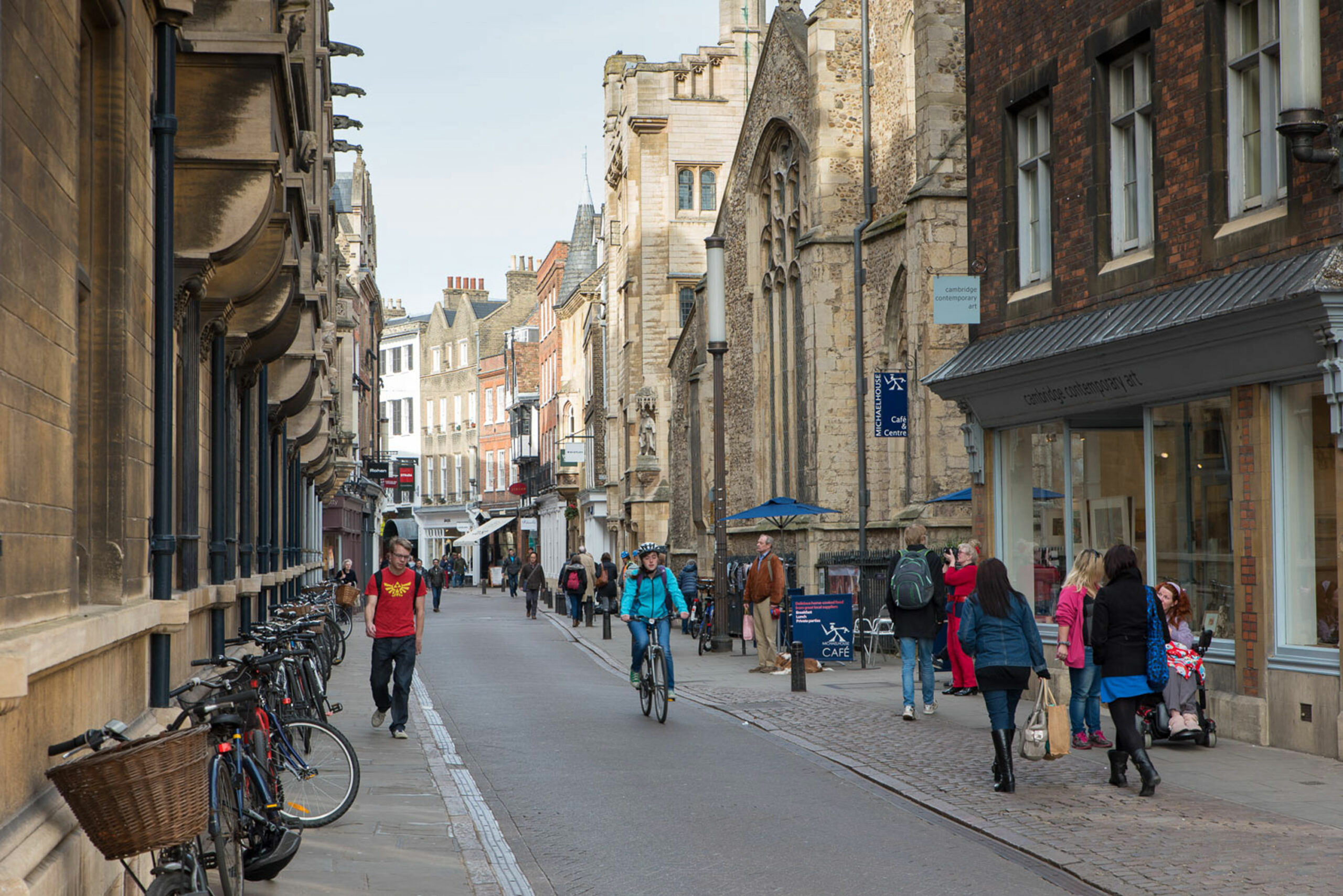About Cambridge City
Cambridge lies approximately 50 miles north of London, is at the heart of a number of key growth corridors and is well connected to London by road and rail – this has a significant influence on the economy and demography of the city.

Cambridge is home to the world-class University of Cambridge, which is also a major employer and, alongside its colleges, land owner and developer in the area. Internationally renowned Addenbrooke’s hospital is also located in the city, and is now the epicentre of a rapidly developing bio-medical campus. The city also hosts the Cambridge campus of Anglia Ruskin University, with its own expertise in areas such as applied science.
Cambridge is a key growth engine for the UK economy. The combination of a well-connected location, a world-leading research university, an attractive setting and an entrepreneurial ecosystem have created a science-based innovation cluster in and around the city over the last 50 years.
This now includes a number of world-leading companies in ICT and life sciences. As a result, the area is characterised by low unemployment, high GVA per worker and high skills.
The city receives 7 million visitors each year, drawn by its architecture, museums, open spaces and cultural offer. The city provides culture and leisure facilities for the surrounding sub-region, and has a thriving night-time economy. This all brings great benefits to the city, but also puts pressure on council services, to maintain a well-managed, clean and pleasant setting for residents and others.
Housing affordability is a real issue for the city and this pressure forces those who cannot find suitable, affordable housing in the city to live further out, and then travel back in to the city to work. Around 50,000 people commute into the city each day, contributing to over 200,000 vehicle movements in and out of the city each day. This exacerbates issues around congestion, which in turn create poor air quality in parts of the city.
Our communities experience both great wealth and real poverty – Cambridge has been identified as “the most unequal city in the UK” by the Centre for Cities with a Gini coefficient of 0.46. In response, the Council invests heavily in housing, community services and an Anti-Poverty Strategy that seeks to understand and address these issues head-on and in partnership.
Clip to expand map
Useful links:
- Affordable housing programme – Cambridge City Council
- Centre for Cities – Cambridge
- Cambridgeshire and Peterborough Economic Review
- Greater Cambridge Local Plan (greatercambridgeplanning.org)
- State of the City (The Cambridge City Portrait) – Cambridge City Council
- Cambridgeshire Insight – Welcome to Cambridgeshire Insight
- Cambridge Civic Quarter
- North East Cambridge Area Action Plan (greatercambridgeplanning.org)
- Cambridge East Area Action Plan – Cambridge City Council

